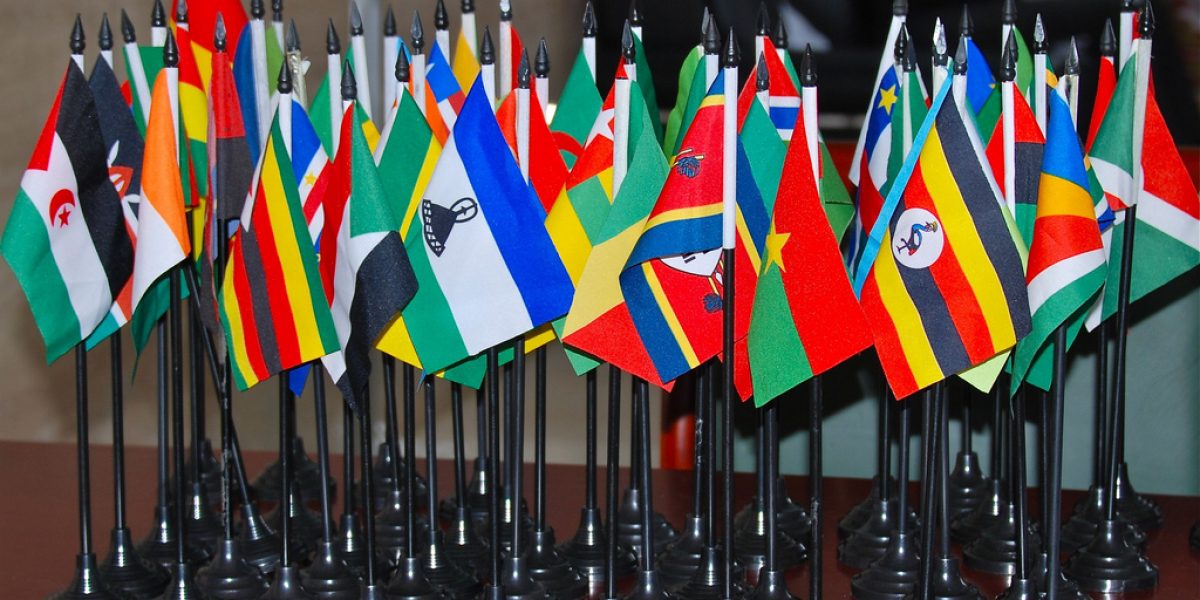In Paper 28, Common African Political Governance Issues: Lessons from Six Early APRM Reports, SAIIA researcher Yarik Turianskyi analyses the discussion and recommendations about Africa’s pressing political governance issues – including the separation of powers, election management and corruption – from the APRM reports of Ghana, Rwanda, Kenya, South Africa, Algeria and Benin. Turianskyi argues that these first six reports reveal a distinct gap between the admirable intentions enshrined in the countries’ constitutions and the situation in reality. Many states pay lip service to the principle of the separation of powers, but then proceed to disregard or override this commitment, to a greater or lesser degree, in day-to-day practice. Obviously, direct comparisons among the countries are not always possible because each has its own distinctive forms of governance, and criticisms and comments do not apply equally to all states. But the APRM Country Review Reports do exhibit common threads. The manipulation of formal rules for elite advantage is embedded in the culture of many African states. The key problem is the lack of constitutionalism – i.e. an absence of a firm set of rules designed to control and minimise government authority. The tripod that should ensure that no single leg of government is more powerful than the other two combined is unbalanced. And the consequence is that the executive becomes dominant, the legislature becomes less effective in providing checks and balances, and the judiciary sometimes loses its necessary independence. This stifles progress and has other repercussions: it can exacerbate conflict over land, especially where ethnicity is involved; affect human rights, elections and decentralisation programmes; and encourage corruption. The author concludes by pondering a thought-provoking question: if the APRM is to bring true democracy and better governance to Africa, how does it deal with countries that disregard its recommendations?
SAIIA sincerely thanks those who acted as peer reviewers for these papers.
Perspectives on Governance: Founded to promote public debate and research on crucial issues of public policy, the South African Institute of International Affairs (SAIIA) is pleased to send you these occasional papers that we hope will contribute to a more robust conversation about the nature of Africa’s governance challenges.








